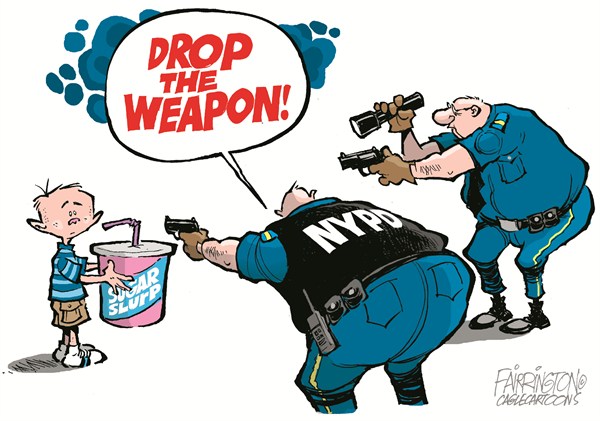
You can train and educate until the cows come home and you won’t see any long-lasting change
Education and training are the most common solutions when we run up against a performance discrepancy—a situation where we are trying to get people to perform according to a set of standards, expectations, or rules and they are failing to do so.
How many times have you said or heard something like, “we’ve got to train our staff to make sure they wash their hands after each patient contact”? Or, “we need to do a better job in educating our staff to treat our patients likes valued customers”?
Or how about, “We’ve got to do a better job of educating our patients about the dangers of smoking”?
Aren’t education and training our reflexive answer to many of the problems we see? I’d like to suggest a thought experiment next time you run into a problem where people aren’t performing according to standards.

Targeted storytelling can better impact behavior
Ask yourself this question, “If these people had a gun to their head and were told to perform according to expectations, could they do it?” If the answer is “no”, then you may very well have a problem that could be solved by training or education.
However, if the issues are hand washing, politeness, or smoking, as in the examples above, the answer will be “yes”, — with a gun to their head they could easily do what is asked of them.
Under these circumstances you can train and educate until the cows come home and you won’t see any long-lasting change. The failure to understand the limitations of education and training is probably the source of more frustration than almost any other among managers, doctors, parents, teachers, and anyone who is trying to influence the behavior of others.
Influencing behavior is tough to do, and it’s especially difficult when we start off with reflexive solutions that don’t fit the problem. Of course there are many reasons why people don’t perform as they’ve been instructed.
One intervention that may have universal impact however, is to address the emotive component of decision-making through developing a targeted narrative communication that creates a response in the gut. Targeted storytelling can impact behavior by causing a person to want to model someone they admire, can cause some emotional discomfort if certain things aren’t done properly, or can create a sense of pride and satisfaction for work that is well done.
So the next time you wonder why someone isn’t following policy, don’t jump to conclusions. First do a thought experiment, and then consider a story.
If you’d like some help with that, contact us by clicking on “Get Emotive Now” at the top of the page.










I agree with this post wholeheartedly. I guess the main reason why some people cannot really understand each other is due to the fact that we lack of understanding and lack of education in some aspects. The mere fact that we are kinda opinionated but if we are not aware of things that might be good to us because we fail to embrace the reality and other circumstances then the problem arise.